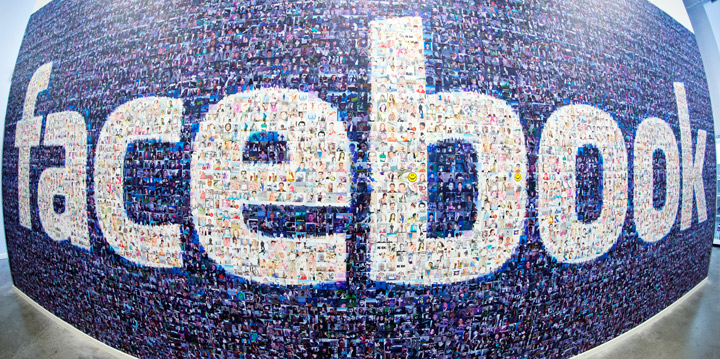TORONTO – When Facebook CEO Mark Zuckerberg took to his own account to express his frustrations with U.S. government surveillance programs, he failed to note that his own company’s spotty privacy record.

On Thursday Zuckerberg wrote that he’s been “confused and frustrated by the repeated reports of the behaviour of the U.S. government.” He added, “When our engineers work tirelessly to improve security, we imagine we’re protecting you against criminals, not our own government.”
READ MORE: Zuckerberg voices frustration with Obama over NSA spying
The post comes a day after the news site Intercept reported that the NSA has impersonated a Facebook server to infect surveillance targets’ computers and get files from a hard drive based on documents leaked by former NSA contractor Edward Snowden.
But some have criticized Zuckerberg’s post, noting the social networking giant itself has come under fire repeatedly when it comes to user privacy.
For example, when Facebook launched social ads known as Sponsored Stories – which show actions that you have taken on your account, such as “Liking” a page or brand, to your friends – many users were upset their personal information was being used in ads.
In 2011, Facebook agreed to pay $20 million to users and in charitable contributions to settle a lawsuit over its use of people’s images in Sponsored Stories. The settlement was approved by a federal court last August, though appeals are pending.
- L.A., Belfast… Rainbow Lake? Why a remote Alberta town joined cities in Plant-Based Treaty
- What to do about Olympic Stadium’s beleaguered old roof? Ideas are wanted
- SFU researchers say ant pheromones could help prevent tick bites
- B.C. orca rescue near Zeballos planning to take a ‘few days’, officials say
But in February, Non-profit group Public Citizen, along with six parents of teenagers, filed a legal brief in a federal appeals court in California saying the settlement in the Sponsored Stories lawsuit should be rejected.
Public Citizen and supporting groups, such as the Center for Digital Democracy, argue that the settlement should have not been approved because using minors’ images in ads without parental consent violates the law in seven states.
When the social network launched Graph Search in July – which allows users to search for hyper-specific things such as, “Friends of my friends who are single” – it was met with a storm of users who felt the search tool was “too creepy.”
Users are unable to opt-out of the search tool, but can increase their privacy settings to shield them from some invasive users who might use it to lurk.
READ MORE: Worried about Facebook graph search? Clean up your privacy settings
But Facebook has also been subjected to serious allegations from privacy experts who accuse the social network of violating young user’s privacy.
In October Facebook changed account settings to allow teenagers ages 13 to 17 to share their posts on the social networking with anyone on the Internet.
Previously, users falling within that age group had been limited to sharing information and photos only with their own friends or friends of those friends.
Privacy experts expressed worried allowing Facebook’s teenage audience to share more information about themselves publically could let advertisers collect data about young users.
“On the one hand, you want to encourage kids to participate in the digital world, but they are not always very wise about how they do it,” said Kathryn Montgomery, an American University professor of communications who has written a book about how the Internet affects children.
“Teens tend to take more risks and don’t always understand the consequences of their behaviour.”
– With files from The Associated Press




Comments